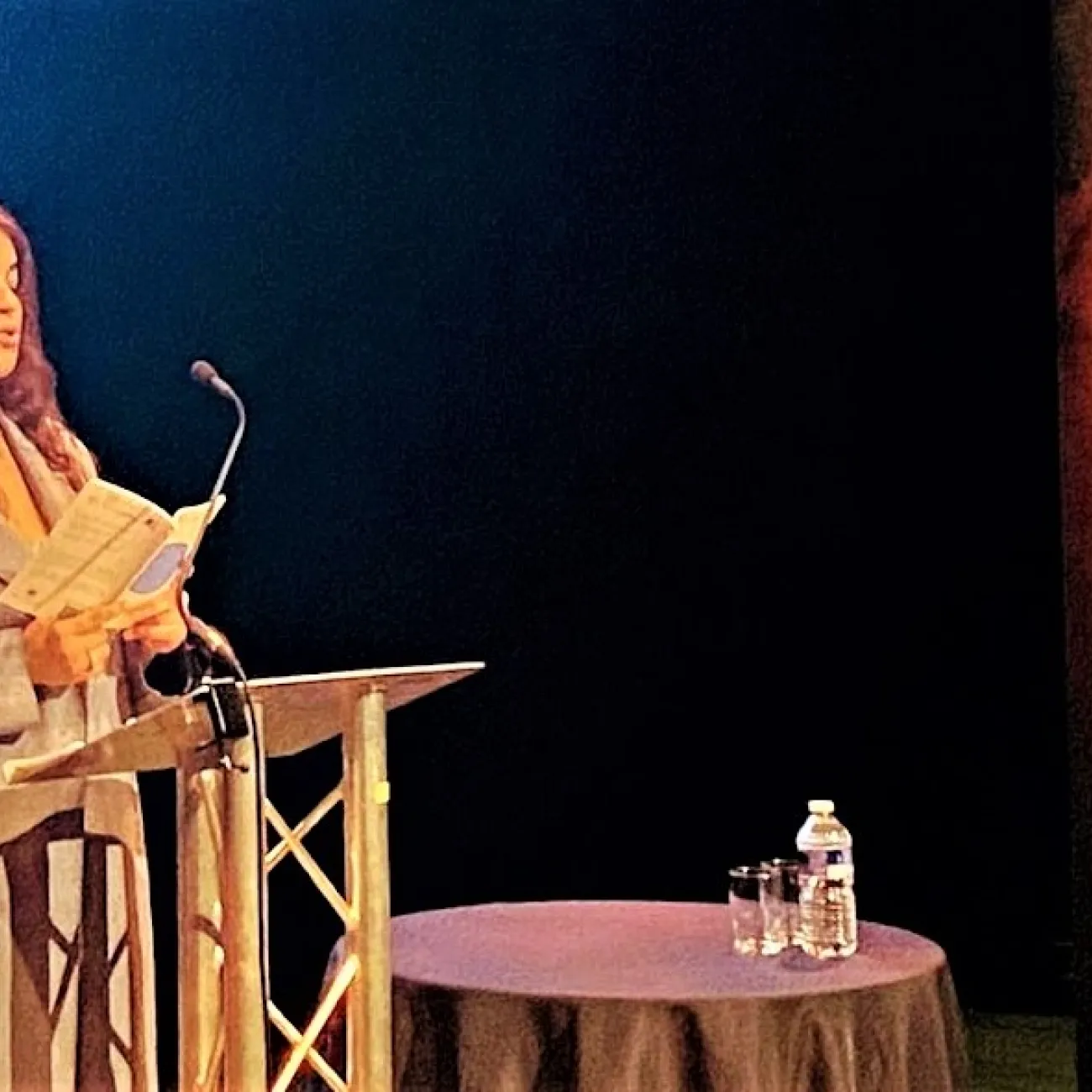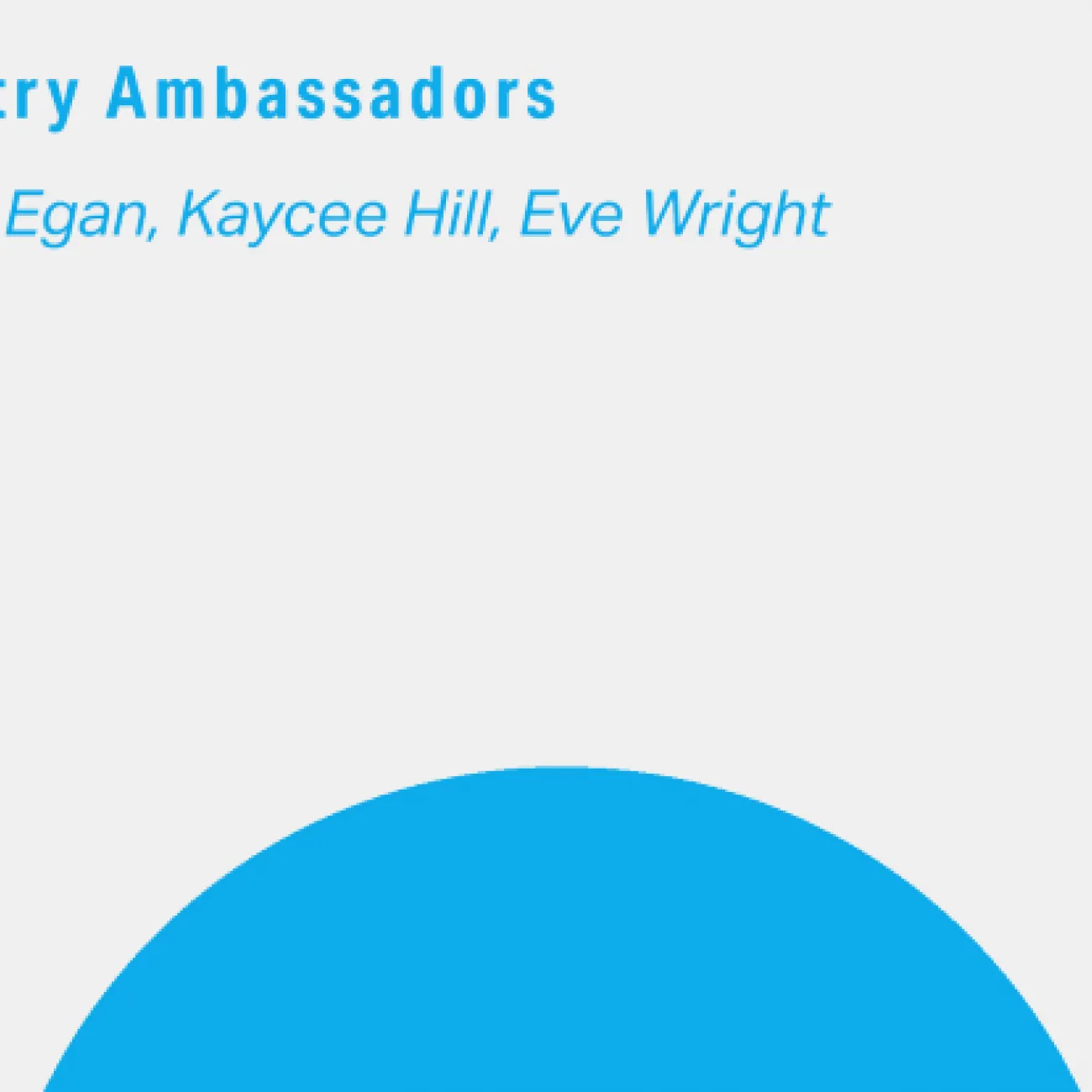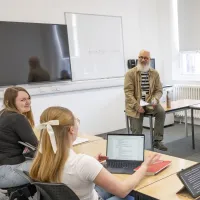Professor May found evidence in publishers' archives showing the importance of mentors and literary networks for supporting new writing in the UK. He drew on these findings to develop a new collaborative mentoring scheme. This, in turn, has given us a rich new living archive on how mentors can support the next generation of emerging poets.
Exploring hidden literary networks
Most studies of literary culture focus on authors as individual creators, writing their work in isolation before securing the support of editors or publishers. Yet, Will May, a Professor of Modern and Contemporary Literature at the University, found evidence in the archives of Penguin Books and Carcanet Press that challenged this model.
The letters and emails that he found added to a growing literary trail across archives in universities and public libraries across the UK, many of which have only opened up in recent years. “The dispersed archives show how important writing workshops, individual mentoring, and community networks have been to some our best known, prize-winning poets”, says Will.
Will was interested in the hidden expertise there was in the archives on how mentoring worked. And he wanted to know if this knowledge could be put into practice.
Identifying good mentoring practice in the archive
Will, exploring the archival evidence further, identified specific techniques in poetry mentoring hidden in writers’ correspondence and publishing archives. Often this involved building wider networks across individual mentorships. When young writers made early contact with poetry presses, they become more confident about publishing their work.
He asked himself: "How might these strategies inform a new mentoring scheme?"
To find out, Will reached out to local partners Artful Scribe, a literature development organisation, and the Winchester Poetry Festival. They decided to develop a new poetry mentoring scheme for young writers in Hampshire and Dorset.
He secured funding from the Arts and Humanities Research Council (AHRC) Leadership Fellowship grant and Foyle Foundation to support the project. “I was keen to establish how a practice-led exploration of creative mentoring could bring these archival insights to life,” he says.

Shaping new academic theories while supporting writers
The scheme Will developed with the local literature partners, Poetry Ambassadors, offered 3 emerging writers a year’s mentoring with a professional poet. It drew on Will’s archival work, but the practical insights of collaboration on the scheme in turn informed his ongoing research.
“Mentoring relationships are often confidential. There is so much the archives won’t say. By asking participants in our new scheme to write blogs and reflect on the process, we were able to explore the transformative power of a mentoring journey in real time”.
This included making a new podcast, Verse Mentors, which featured interviews with practising poet-mentors to create a living archive of mentoring in creative practice.
The scheme also had a big impact on the young people who were mentored.

Mentoring helped the careers of young poets
“I didn’t realise what I wanted to do or what I could do before the scheme,” says Eve Wright, one of the mentees. “I learned how to edit, and how to look at my poems in a new way.”
Kaycee Hill, a second of the mentored poets, went on to win the inaugural James Berry Poetry Prize. She also secured a contract to publish her first collection with Bloodaxe Books in 2023.
“The scheme we set up showed us how individual mentoring relationships in poetry can be the starting point for building larger creative communities," says Will. He has made recommendations on how literature could help regional development in a policy report, Stories for Survival.
"We are now scaling up these findings for a new AHRC roject, Diverse Capacities, to connect creative freelancers in the Solent with local government officers and international writing communities."
Information about the Poetry Ambassadors book.
Stories for Survival: Putting literature at the heart of regional development (Issuu).





